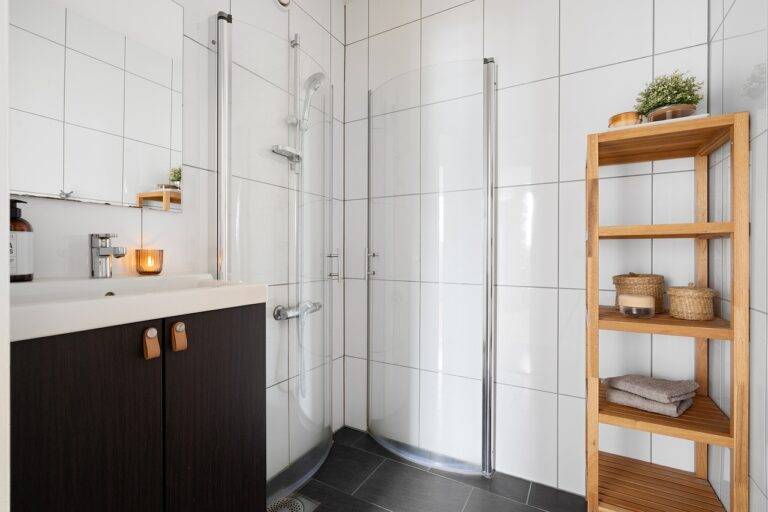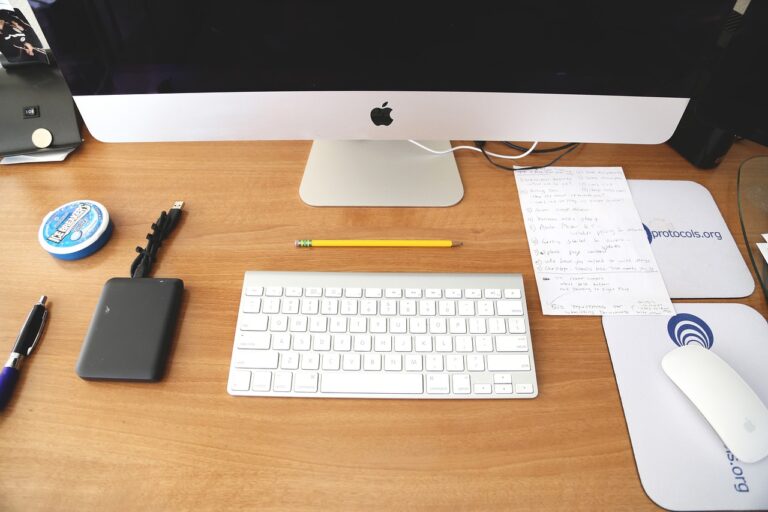Tips for Reducing Screen Time in Home Offices: 99 exchange login password, Laser 247 sign up, Yolo 247
99 exchange login password, laser 247 sign up, yolo 247: Working from home has become increasingly common, with more people setting up home offices to accommodate their workload. However, one downside to working from home is the increased screen time that comes with it. Staring at a computer or device for hours on end can lead to eye strain, headaches, and even more serious health issues in the long run. If you’re looking to reduce your screen time in your home office, here are some tips to help you out:
1. Set specific times for screen-free activities
It’s important to take regular breaks from screens throughout the day. Set specific times for screen-free activities such as going for a walk, reading a book, or doing some stretching exercises.
2. Use the 20-20-20 rule
To prevent eye strain, follow the 20-20-20 rule – every 20 minutes, take a 20-second break and look at something 20 feet away. This will give your eyes a chance to relax and refocus.
3. Implement a digital detox day
Consider implementing a digital detox day once a week where you completely disconnect from all screens. Use this time to engage in activities that don’t involve technology, such as cooking, gardening, or playing a board game.
4. Opt for paper and pen
When possible, opt for using pen and paper instead of typing on a computer or device. This can help reduce your screen time and give your eyes a break from the glare of a screen.
5. Use screen time tracking apps
There are many apps available that can help you track your screen time and set limits for yourself. Consider using one of these apps to help you stay accountable and reduce your overall screen time.
6. Create a comfortable workspace
Make sure your home office is set up ergonomically to reduce strain on your eyes and body. Adjust your screen height, chair height, and lighting to create a comfortable workspace that encourages good posture and reduces screen time.
7. Schedule regular offline activities
Make a conscious effort to schedule regular offline activities into your daily routine. This could include going for a bike ride, cooking a meal from scratch, or meeting up with a friend for coffee. By incorporating these activities into your schedule, you’ll naturally reduce your screen time.
8. Practice mindfulness and meditation
Engaging in mindfulness practices and meditation can help reduce stress and anxiety, which can often be exacerbated by excessive screen time. Take a few minutes each day to practice deep breathing or meditation to help clear your mind and reduce your reliance on screens.
9. Create boundaries between work and personal time
It’s important to create boundaries between work and personal time, even when working from home. Set specific work hours and stick to them, avoiding the temptation to check emails or work after hours. This will help you disconnect from screens and prioritize your personal time.
10. Get outside
Spending time outdoors can help reduce screen time and improve your overall well-being. Take advantage of breaks during the day to go for a walk or sit outside in the fresh air. Not only will this reduce your screen time, but it will also boost your mood and productivity.
In conclusion, reducing screen time in your home office is essential for maintaining your health and well-being. By implementing these tips, you can create a more balanced approach to technology use and enjoy the benefits of a screen-free lifestyle.
—
**FAQs**
**1. How can I resist the temptation to check my phone or computer constantly?**
One way to resist the temptation to constantly check your phone or computer is to mute notifications or put your devices on silent mode. This will help reduce distractions and make it easier to stay focused on offline activities.
**2. What are some screen-free activities I can do in my home office?**
Some screen-free activities you can do in your home office include reading a physical book, organizing your workspace, doing some light stretching exercises, or meditating for a few minutes.
**3. Is it necessary to completely eliminate screen time in my home office?**
While completely eliminating screen time may not be practical, it’s important to find a balance that works for you. Focus on reducing unnecessary screen time and incorporating more offline activities into your daily routine to maintain a healthy balance.







